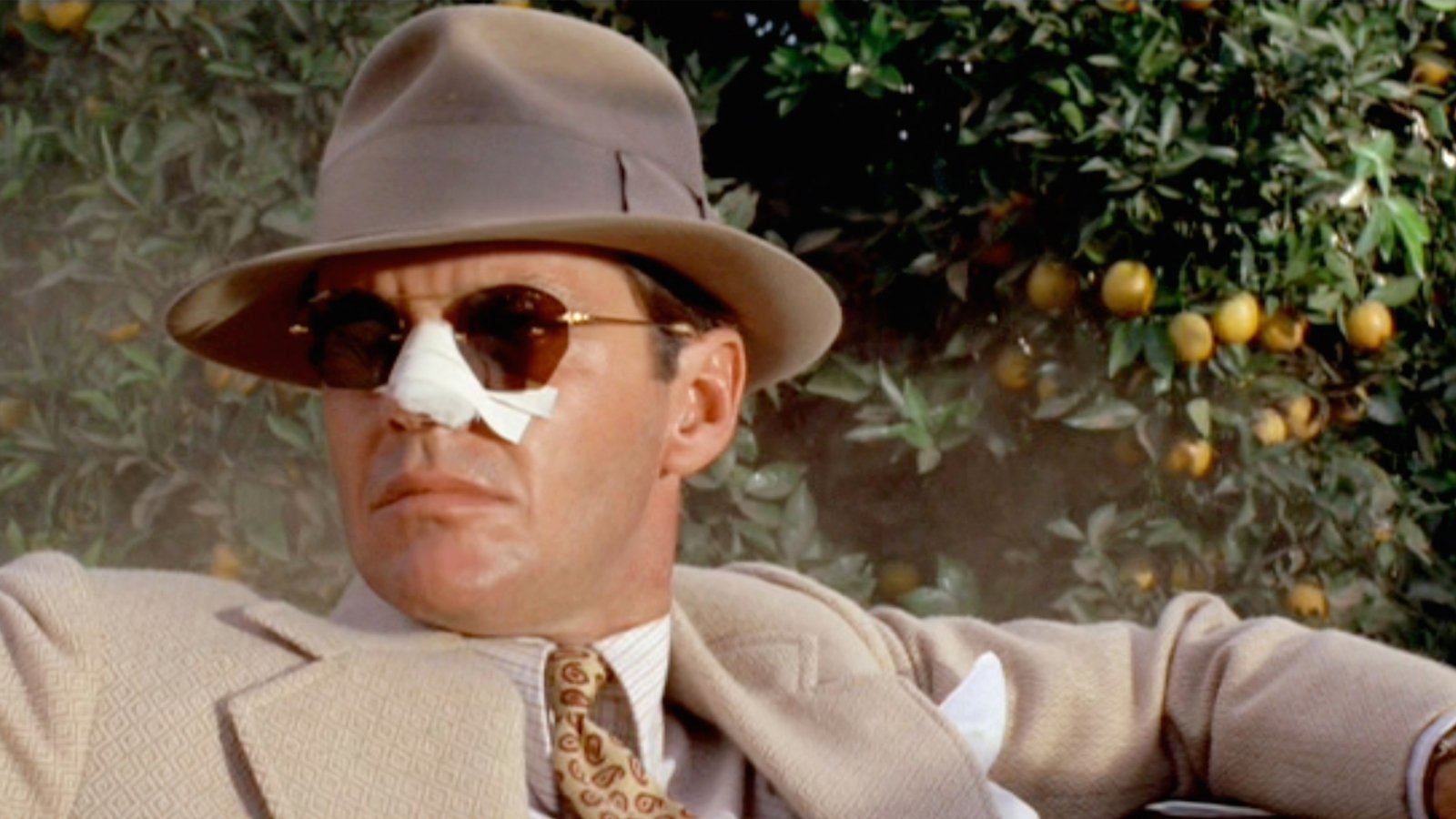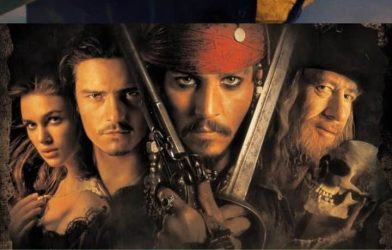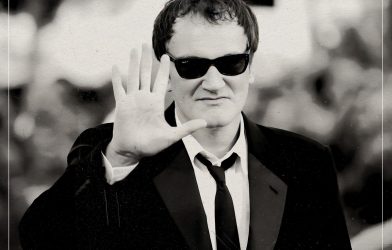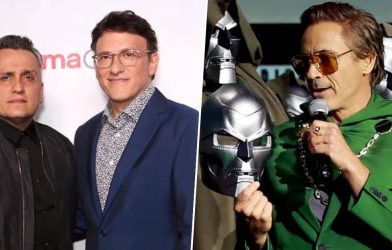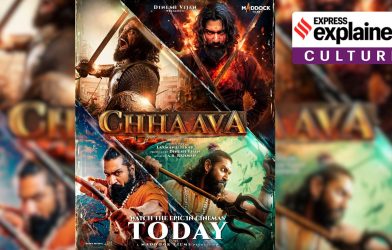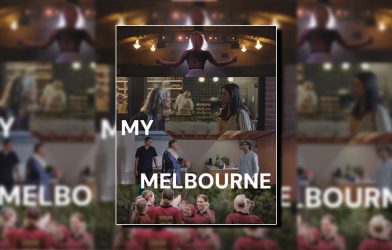1974 was a banner year for Hollywood, as we’ve seen by the many fiftieth anniversary re-releases so far this year (with more to come) – movies like The Conversation, The Texas Chainsaw Massacre, The Parallax View, Young Frankenstein, Blazing Saddles… what a year for Mel Brooks alone!
It was also the blossoming of the so-called movie brats, the first generation of US directors who went to film school; the likes of Spielberg with his Sugarland Express, Scorsese’ Alice Doesn’t Live Here Anymore and the big brother of all the ‘brats’, Francis Coppola – who already was an Oscar shoe-in nomination-wise for his Conversation with Gene Hackman – made winning a certainty by also making The Godfather Part II, and making it even better than the original. Two masterpieces in one year!
We need your consent to load this YouTube contentWe use YouTube to manage extra content that can set cookies on your device and collect data about your activity. Please review their details and accept them to load the content.Manage Preferences
And then there was Robert Towne’s script for Chinatown. Towne, a former soldier and tuna fisherman who died last month at 89, regarded this screenplay as his magnum opus. Already a well respected rewrite man, he did uncredited work on the likes of Bonnie & Clyde and Robert Altman’s McCabe and Mrs Miller, becoming pals with the star of both movies, Warren Beatty – they ultimately ended up writing another classic, Shampoo together. He also had the experience of sharing an apartment for years with a young Jack Nicholson (if they ever reboot Friends and set it in the sixties, start there), who he had met in acting class. The result of their friendship was Nicholson’s electric turn in the Towne-adapted The Last Detail.
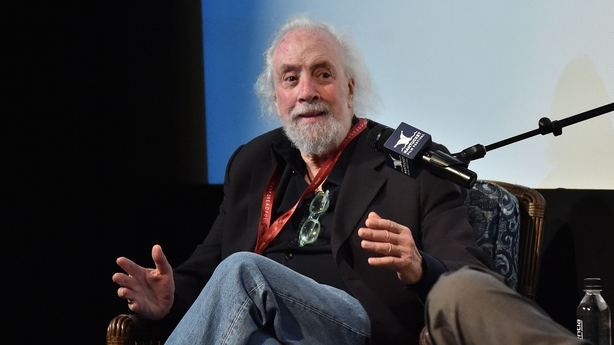
With that track record, two Oscar noms, and some seriously talented mates, finally somebody offered Bob Towne money to write something original and for himself. That somebody was self-mythologizing producer-turned-head of Paramount Pictures, Robert Evans (you’ll be familiar with him if you watched that entertaining mini-series, The Offer, about the making of The Godfather, in which he’s played to perfection by Mathew Goode.) Towne delivered a doorstop script to Evans’ door. A self-confessed non-reader, Evans did eventually read Towne’s tome…and absolutely loved it. Though he couldn’t figure out what it was about. And what’s with that non-ending? This reaction was almost universal from anyone who read it: ‘Best screenplay I’ve ever read, but I can’t figure out what it’s about.’
In the years since the murder of his wife, Sharon Tate, and his unborn child, filmmaker Roman Polanski had been afraid to return to America. The sixties dream had well and truly imploded, its detritus seeping into the Vietnam war and the burgeoning Watergate scandal. But the screenplay Evans had sent Polanski was that good. Chinatown was America. And Jack Nicholson was detective J.J. ‘Jake’ Gittes, ‘a private detective hired to expose an adulterer in 1930s Los Angeles who finds himself caught up in a web of deceit, corruption, and murder. Towne made it clear to Evans that he had written the part for their mutual bud, Jack. Gittes was to be his first fully fledged Hollywood leading man role. Nicholson was even willing to spend half of the film with a lumpy bandage stuck square in the middle of his face, as per the script.
We need your consent to load this rte-player contentWe use rte-player to manage extra content that can set cookies on your device and collect data about your activity. Please review their details and accept them to load the content.Manage Preferences
Listen: Author Colm Toibin discusses Chinatown on RTÉ Arena
Polanski returned to the US and embraced the country that had taken everything from him; he replaced the cameraman after a week, cut subplots from Towne’s script, smashed heads with Evans repeatedly, and a clash with leading lady Faye Dunaway even lead to shooting being shut down for a spell. In many ways, she’s never gotten her due. In the finished movie, Jack might steal your attention but Dunaway’s performance as Evelyn Mulwray gets better and better every time you watch Chinatown. And you’ll need to watch it more than once, because, well, what’s it all about? Really? Clue: look at Dunaway’s face. The screenplay may be Towne’s, but the ending is Polanski’s. Towne always hated it. But if his eventual one-sentence answer for what his script was about is to be believed, it’s all there in J.J. Gittes’ eyes in those final moments: the futility. The futility of good intentions.
We need your consent to load this YouTube contentWe use YouTube to manage extra content that can set cookies on your device and collect data about your activity. Please review their details and accept them to load the content.Manage Preferences
Watch: The complex history of Hollywood classic Chinatown
Chinatown was beaten at the Oscars in ten of its eleven nominated categories. It was to be Francis Coppola’s year, The Godfather Part II won almost everything. It was Robert Towne’s night though, the Best Original Screenplay prize went to the former tuna fisherman. Chinatown wasn’t about winning awards; though it went on to win plenty around the world. And if it wasn’t for the Corleones it would’ve swept the boards that night in Los Angeles. It was about the end of something intimate, innocent even, and the wash of something vast and cold: money.
This applied to both the LA of Chinatown and the Hollywood of 70s California. With the explosive success of The Exorcist the year before, and rise of disaster movies like The Poseidon Adventure and The Towering Inferno, the New York-based studio financiers’ eyes were opened to just how much money they could make from a certain type of product.
If the sun rose on the ‘spectacle’ movie – the permanent high noon twin suns of Jaws and Star Wars were only a couple of years away – and set on all that came before, there was one final ‘golden hour’ .
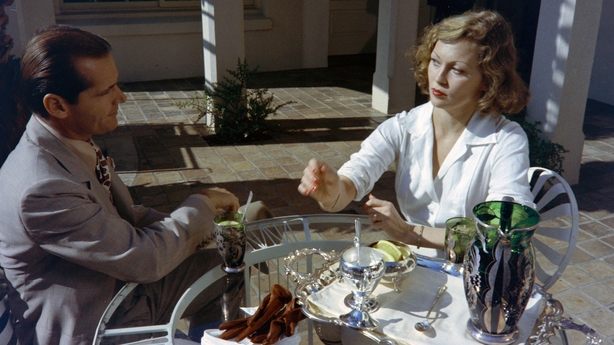
It had happened in 1973. Chinatown was back shooting interiors at Paramount. In another space across the lot, Francis Coppola was filming The Godfather Part II. Further along the row, John Schlesinger was shooting his ill-fated Day Of The Locust. Due to union rules, all three productions tended to break for lunch about the same time. So for just a few days, the studio commissary and its surrounding roads were filled with waves of buzzing period-garbed actors and extras. It was noticed by some at the time, the likes of studio carpenters, cooks, electricians, stage managers, Paramount felt briefly once again just like the glory days of the movie business.
“Forget it, Jake. It’s Chinatown.” Towne famously closed his tale with this now-iconic line. But fifty years later we’re still remembering the time a 1930s hard-boiled detective met 1970s filmmakers to tell the corrupt tale of the birth of the modern city of angels. Art and commerce, fingers entwined, in near-perfect matrimony. Hooray for that Hollywood.
Chinatown has just been released on 4K & Blu-ray, newly restored for its fiftieth anniversary. For the full story of its years-long inspiration, creation, filming and legacy, Sam Wasson’s book The Big Goodbye: Chinatown and the Last Years of Hollywood is an essential read.

